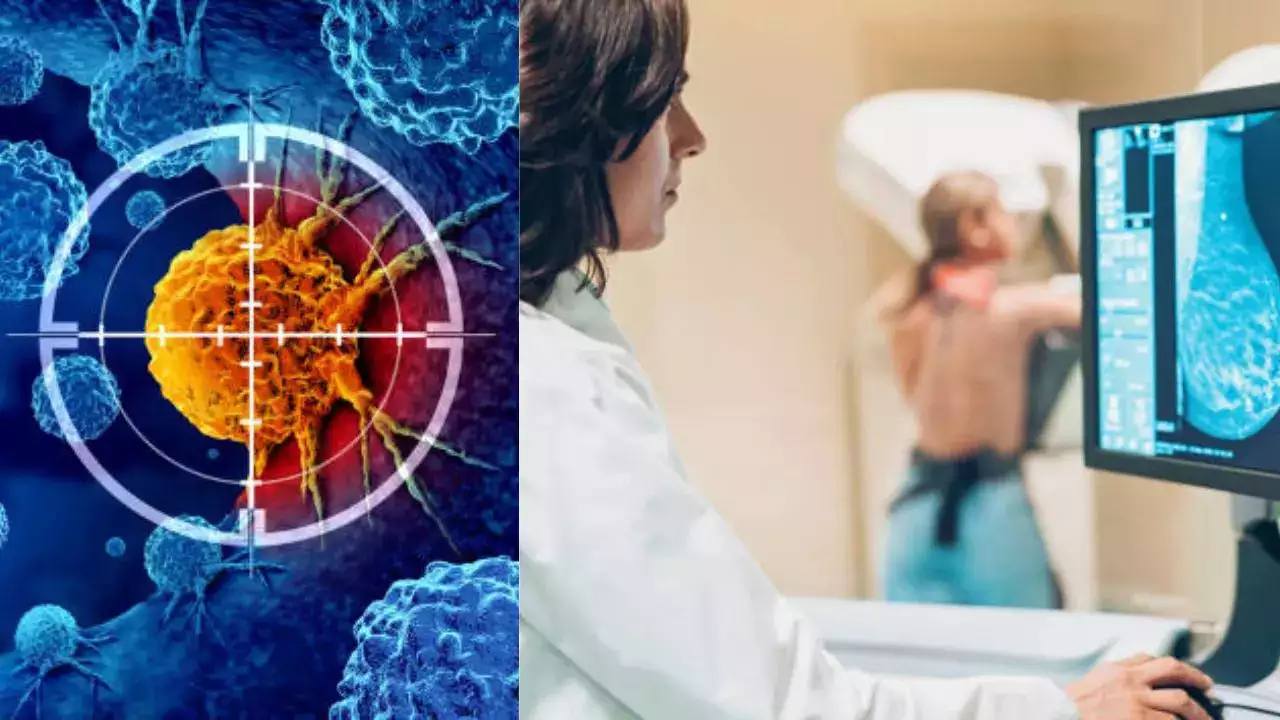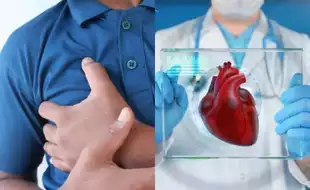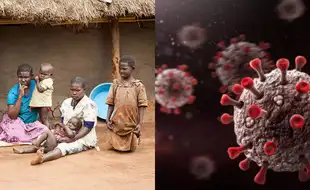Top 5 Cancer Screenings That Should be on Your Radar in 2025
Dec 13, 2024
News

Cancer screenings can impact survival and reduce the number of people who develop late-stage cancer
The new year is a time to renew your health goals, and one of the most important ones to add to your list is scheduling screenings for cancer, one of the deadliest diseases, which doctors say is currently on a spike across the world.
According to experts, getting regular cancer screening helps find any issue even without any symptoms early so that it can be treated successfully. However, cancer screening works best when it is done regularly according to the guidelines.
Why are screenings important?
Cancer screenings can impact survival and reduce the number of people who develop late-stage cancer. It can help more people obtain screening earlier, which impacts the curative potential of many diseases.
As certain cancers like breast, colon, and lung continue to increase, screening becomes more and more critical.
Top five cancers to consider in 2025
According to experts, the top five cancer screenings that should be on your radar in the new year include:
Mammogram
A mammogram takes an X-ray picture of the breast to analyze for early signs of breast cancer. Experts say getting regular mammograms allows doctors to compare changes in breasts over time and allows them to find the cancer early—sometimes up to three years before it can be felt.
According to the guidelines by the American Cancer Society, women with the following factors are more at risk for breast cancer:
- A personal history of breast cancer
- A strong family history of breast cancer
- The genetic mutation that increases the risk of breast cancer, like the BRCA gene
Women 45 to 54 should get mammograms every year
Women 55 and older can get annual mammograms or choose to get them every other year if they are in good health.
Cervical cancer screenings
To detect and prevent cervical cancer, your doctor can collect cells and mucus from the cervix and the area around it and send the samples to the lab for testing.
- The HPV test detects the human papillomavirus that causes cell changes in the cervix.
- A pap smear detects cell changes on the cervix that could turn into cervical cancer if left untreated.
Colon or colorectal cancer screening
According to experts, colon cancer spreads very fast and rarely has any symptoms in the initial stages. The US Preventive Services Task Force recommends both men and women aged 45 to 75 years take flexible sigmoidoscopy and colonoscopy for preventive screening.
A colonoscopy is done to check the rectum and colon for polyps or cancer by using a flexible, lighted tube.
Lung cancer screening
Lung cancer has a high fatality rate among both men and women, especially in those who smoke and use tobacco.
According to experts, those who smoke a 20-cigarette pack daily should get their lungs screened every year. Also, those who currently smoke or are a former smoker who quit within the past 15 years and are aged between 50 and 80 years old should be going for a low-dose computed tomography scan annually.
Prostate cancer screening
Men over the age of 40 years are at high risk for prostate cancer, which does not show any symptoms initially. For the screening, you can get a prostate-specific antigen blood test, which detects PSA, a protein made by cells in your gland.
Doctors say if your PSA levels are higher, there is a bigger chance of having prostate cancer.
Get Latest News Live on Times Now along with Breaking News and Top Headlines from Health and around the world.



